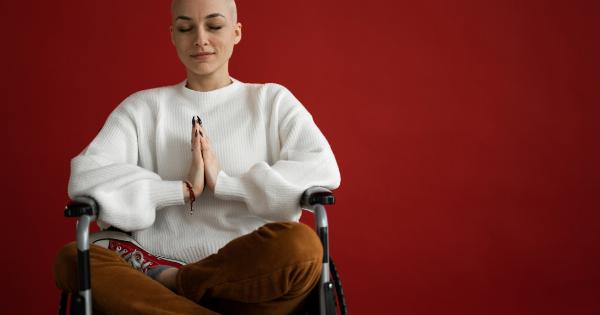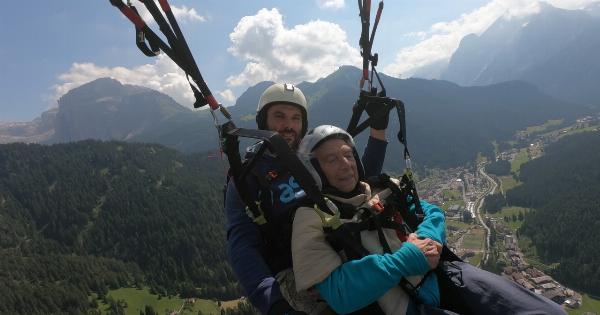A concussion is a type of traumatic brain injury caused by a blow or jolt to the head. It can also be caused by a hit to the body that causes the head and brain to move rapidly back and forth.
These rapid movements can cause the brain to bounce or twist inside the skull, damaging brain cells and creating chemical changes in the brain.
What are the Signs and Symptoms of a Concussion?
Concussion symptoms can appear immediately or in the hours or days after an injury. Symptoms can include:.
- Headache or pressure in the head
- Nausea or vomiting
- Dizziness or balance problems
- Blurred vision or sensitivity to light or noise
- Feeling tired or having trouble sleeping
- Amnesia or confusion about what happened
- Difficulty focusing or clear thinking
- Feeling irritable or emotional
- Changes in mood or behavior
- Loss of consciousness, even if only briefly
Why are Concussions Dangerous?
While some concussions are mild and resolve quickly, others can be serious and even life-threatening.
Multiple concussions can cause long-term damage to the brain and increase the risk of other brain disorders such as chronic traumatic encephalopathy (CTE), which can lead to dementia, depression, and other mental health problems. In severe cases, a concussion can cause bleeding in the brain or swelling that can be fatal if left untreated.
How are Concussions Diagnosed and Treated?
Diagnosing a concussion can be tricky, as symptoms can be similar to other conditions or may not appear right away.
Doctors may use imaging tests such as CT scans or MRIs to rule out more serious injuries and may use cognitive tests to assess brain function. Treatment for a concussion usually involves rest, both physical and cognitive, and may also include medication for pain or headaches. In severe cases, hospitalization may be required for observation and treatment.
How can Concussions be Prevented?
While not all concussions can be prevented, there are steps that can be taken to minimize the risk of injury:.
- Always wear protective headgear when playing sports or participating in other risky activities
- Avoid aggressive or reckless behavior that could lead to head or body trauma
- Follow proper safety guidelines and use appropriate equipment, such as seat belts in a car or helmet when riding a bike
- Be aware of the signs and symptoms of a concussion and seek medical attention right away if you or someone you know has been injured
Conclusion
Concussions can be a serious, even life-threatening injury. While some may be mild and resolve quickly, others can cause long-term damage and increase the risk of other brain disorders.
It’s important to take steps to minimize the risk of injury and to seek medical attention right away if you or someone you know has been injured.






























